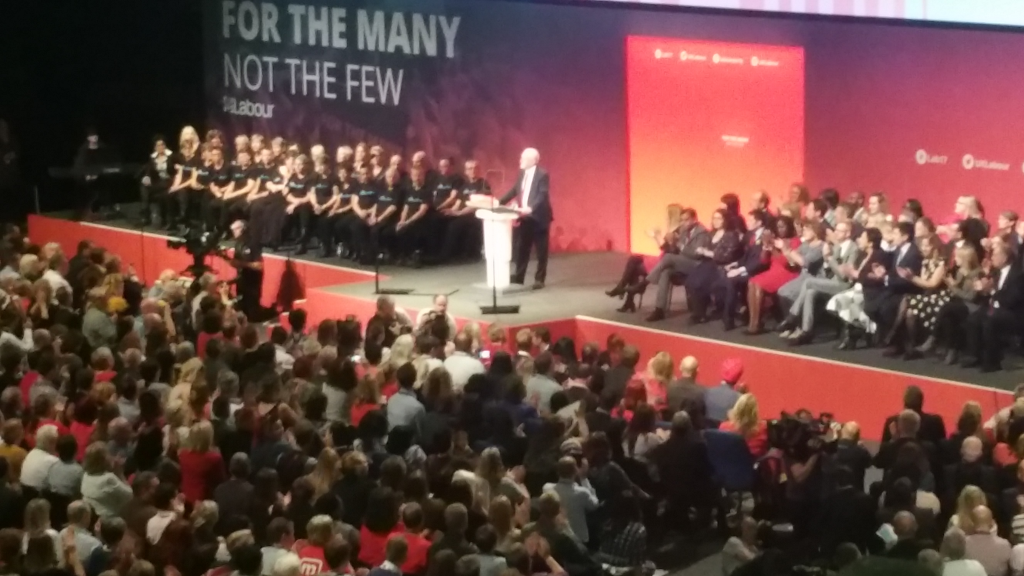My submission to Labours Democracy Review on making policy.
CLPs should have an inalienable right to initiate policy, as such CLPs should be allowed to submit motions to Conference on policy as they see fit (i.e. not be constrained by the NPF report and processes).
NEC should publish their minutes so that members know what they are doing.
Appropriate CLP motions should be presented to the NEC and their actions recorded, minutes taken and reported to the authoring CLP.
CLPs should be able to submit a motion + rule change to Conference during the same year and CLP/Affiliate proposed rule changes to conference to should be allowed to be debated at the Conference for which it was proposed.
The NPF to be halved in size, meet more regularly, report to conference, and conference to be extended by a day. This is designed to increase the NPF’s accountability to Conference and provide some form of governance over continuous policy making; Conference should remain sovereign. NPF should be commissioning hearings led by a combination of grassroots activists and members and workers/trade unionists with expertise in specific areas. NPF should function in a more transparent way. This transparency to include its web site.
Conference should be a day longer, it would allow the consideration of more topics.
It should be considered to have a first delegate to conference at 500 members, and additional delegates at 750. More money should be sent to the CLPs and/or the Conference delegates should be funded by HQ. (We are debt free you know). [On drawing the graph/chart, I wonder if it would make much difference, it would make it easier, if it could be afforded, to send a gender balanced conference delegation, which is my purpose, but this would only be so for those CLPs with between 500 & 750 members. It should be noted that larger CLPs are not sending their full delegations because of cost. It should be noted that small and remote CLPs are not sending their delegations at all often because of cost. Perhaps elections at conference should be done as postal votes for non-attendees.]
It has been suggested to me that despite my efforts, many of Labour’s new members lack experience of the motion/debate process. More education is required at branch/member level about the motion process (e.g. what motions should incorporate and the change we hope to bring about). …


